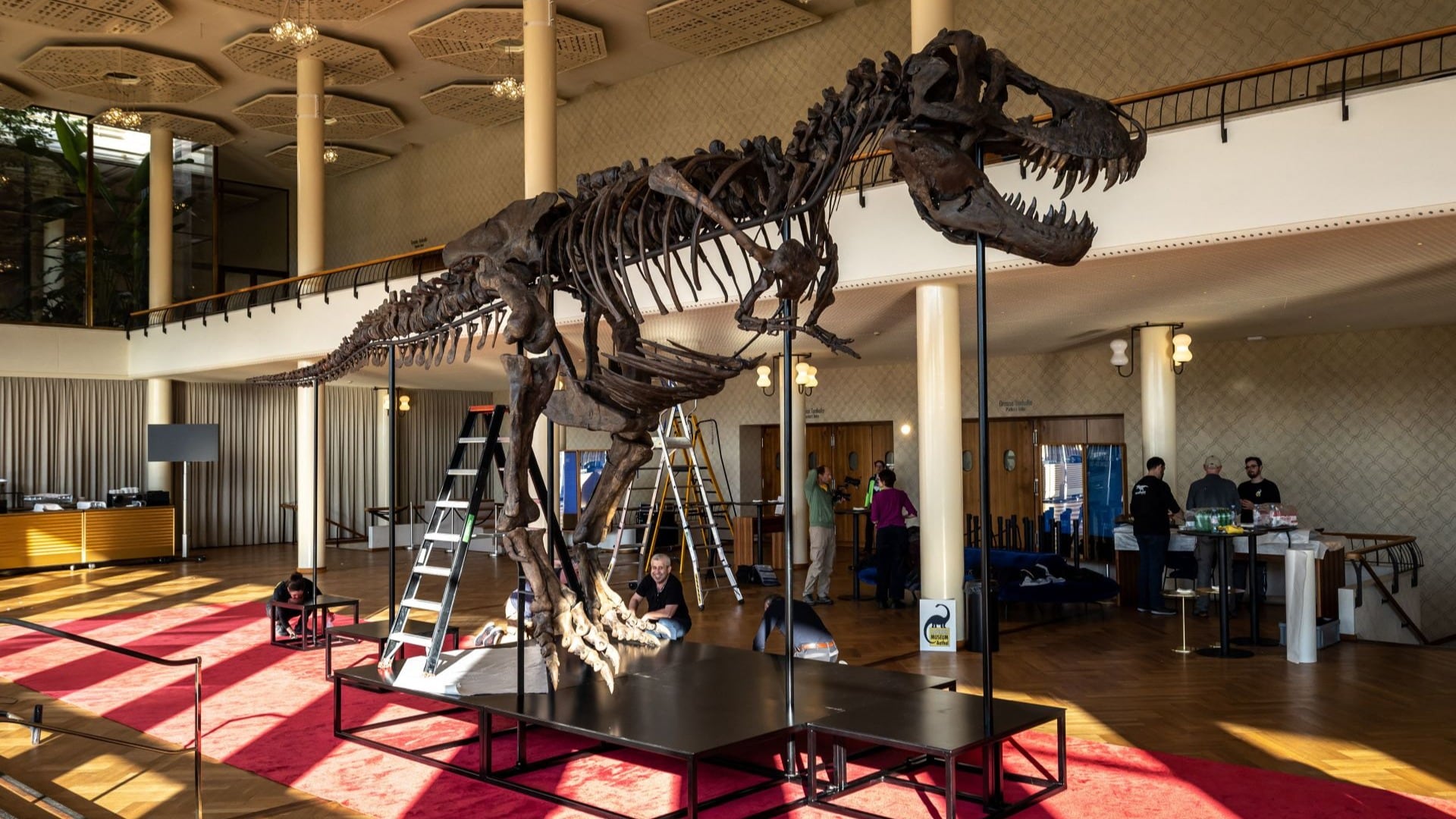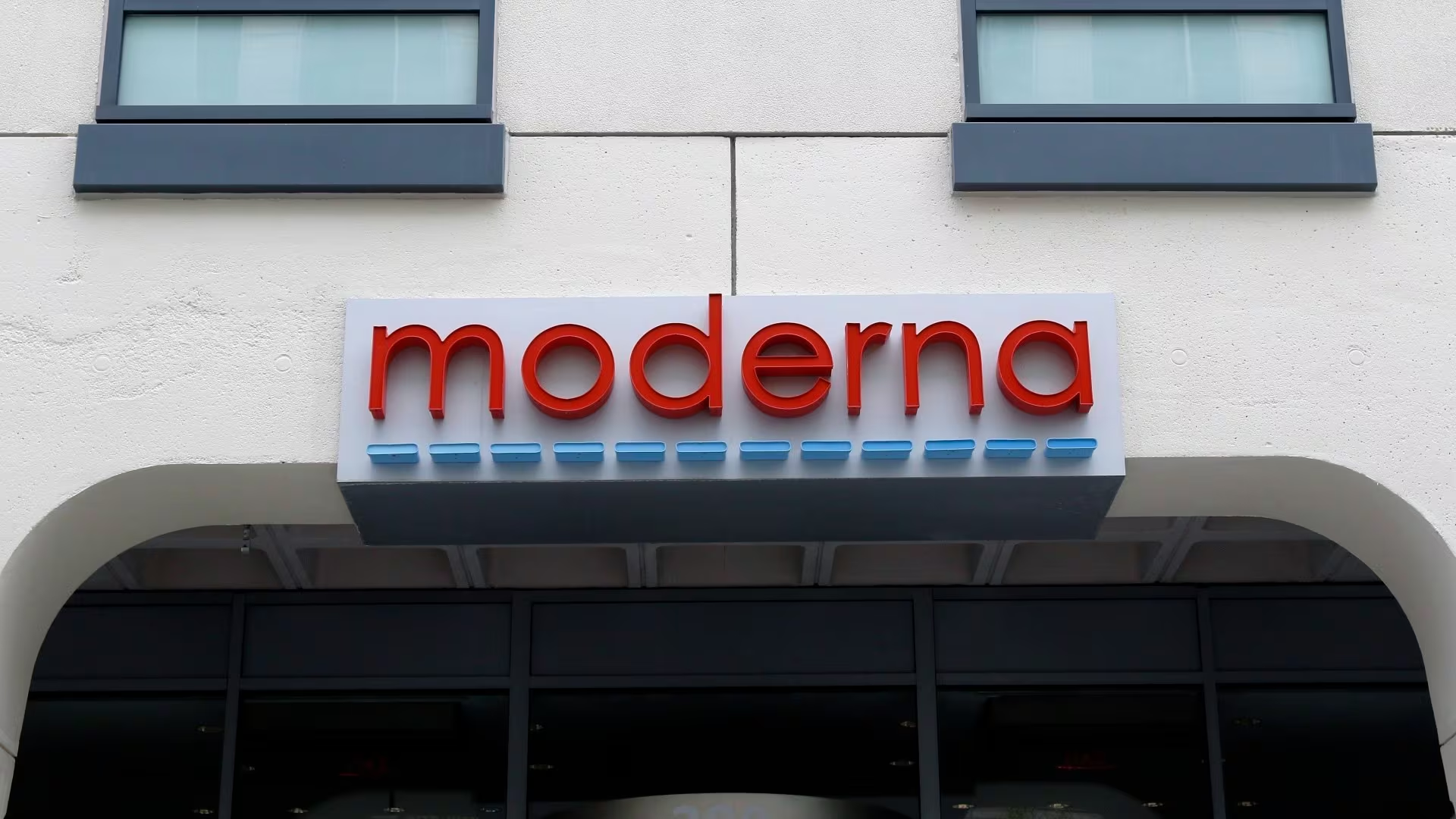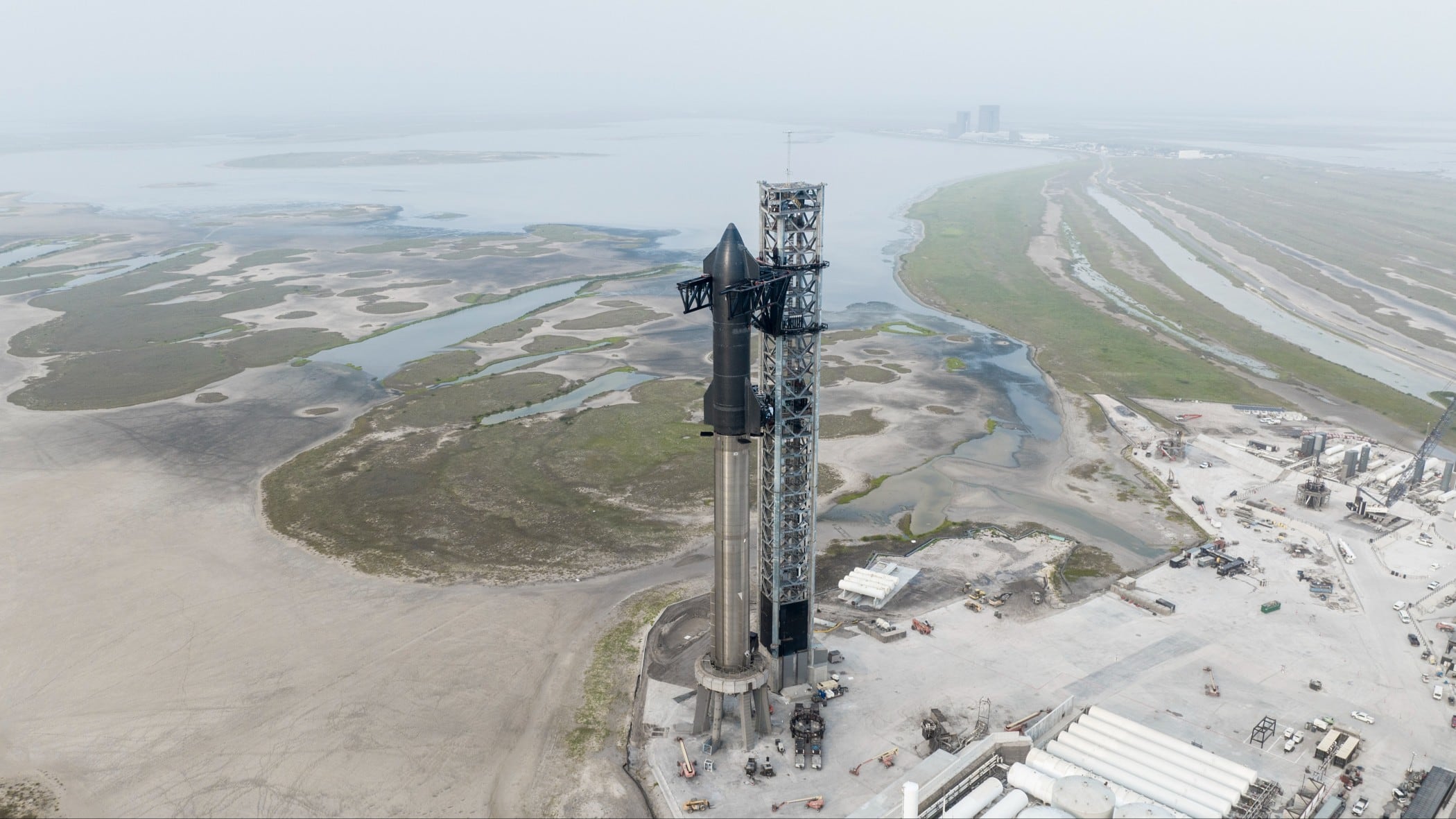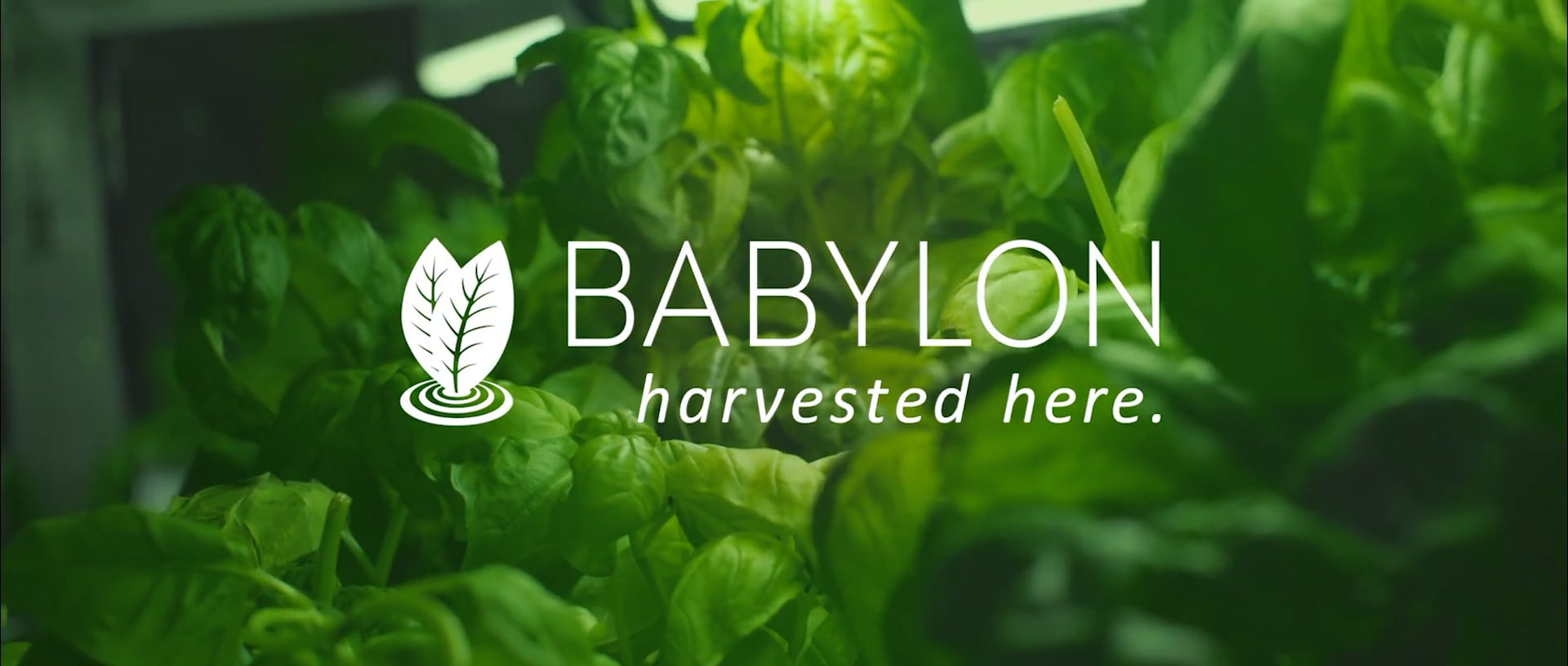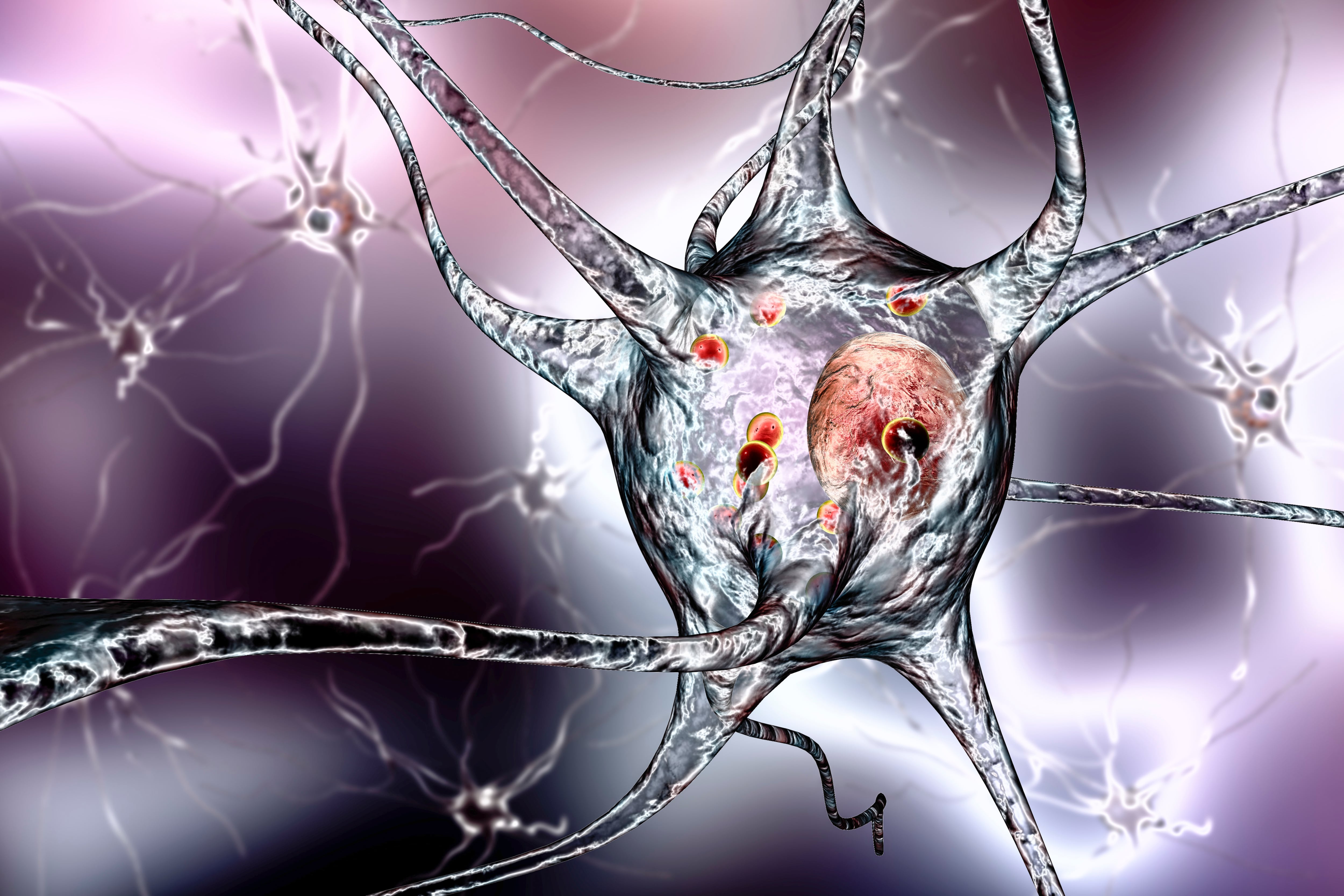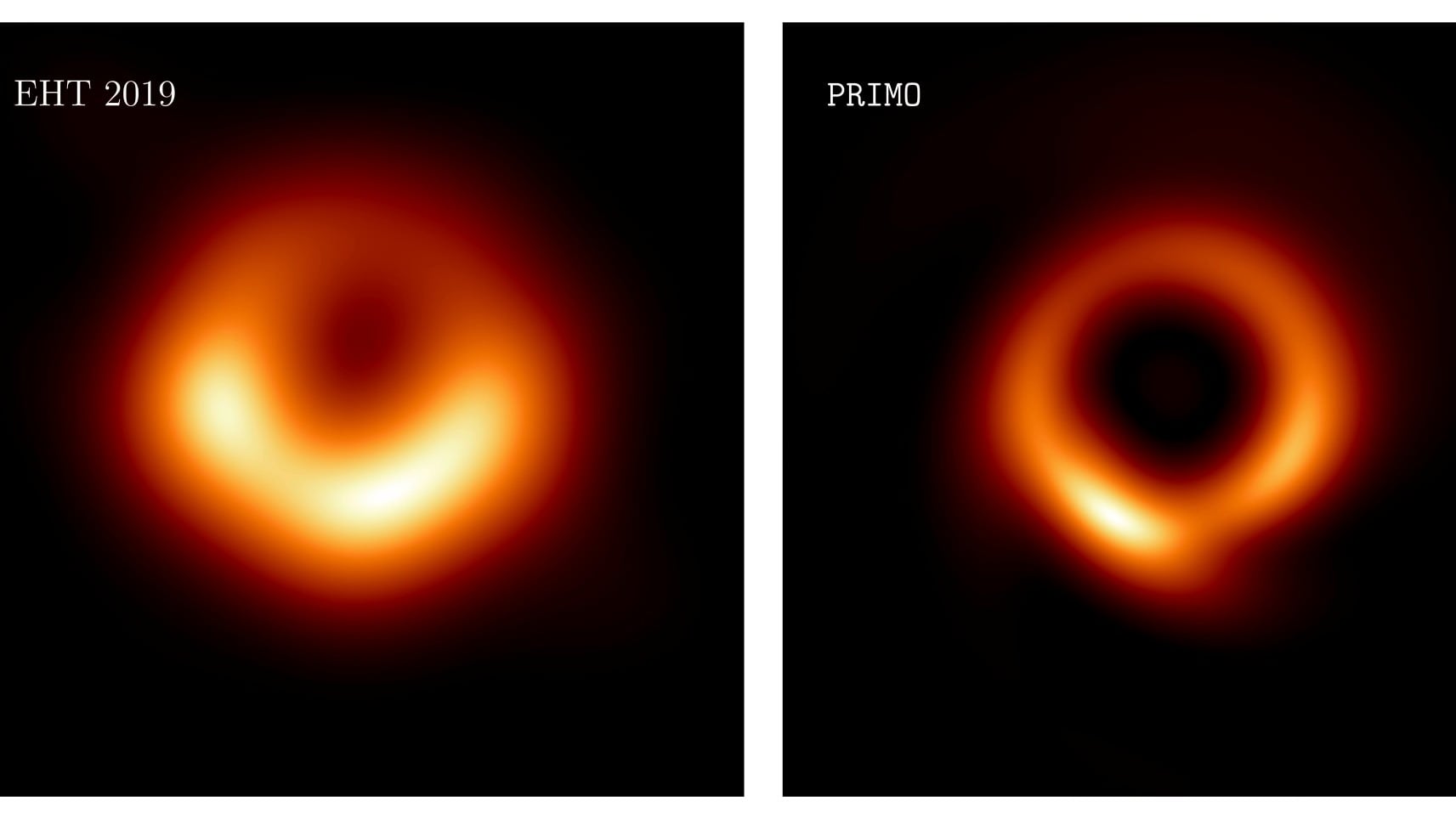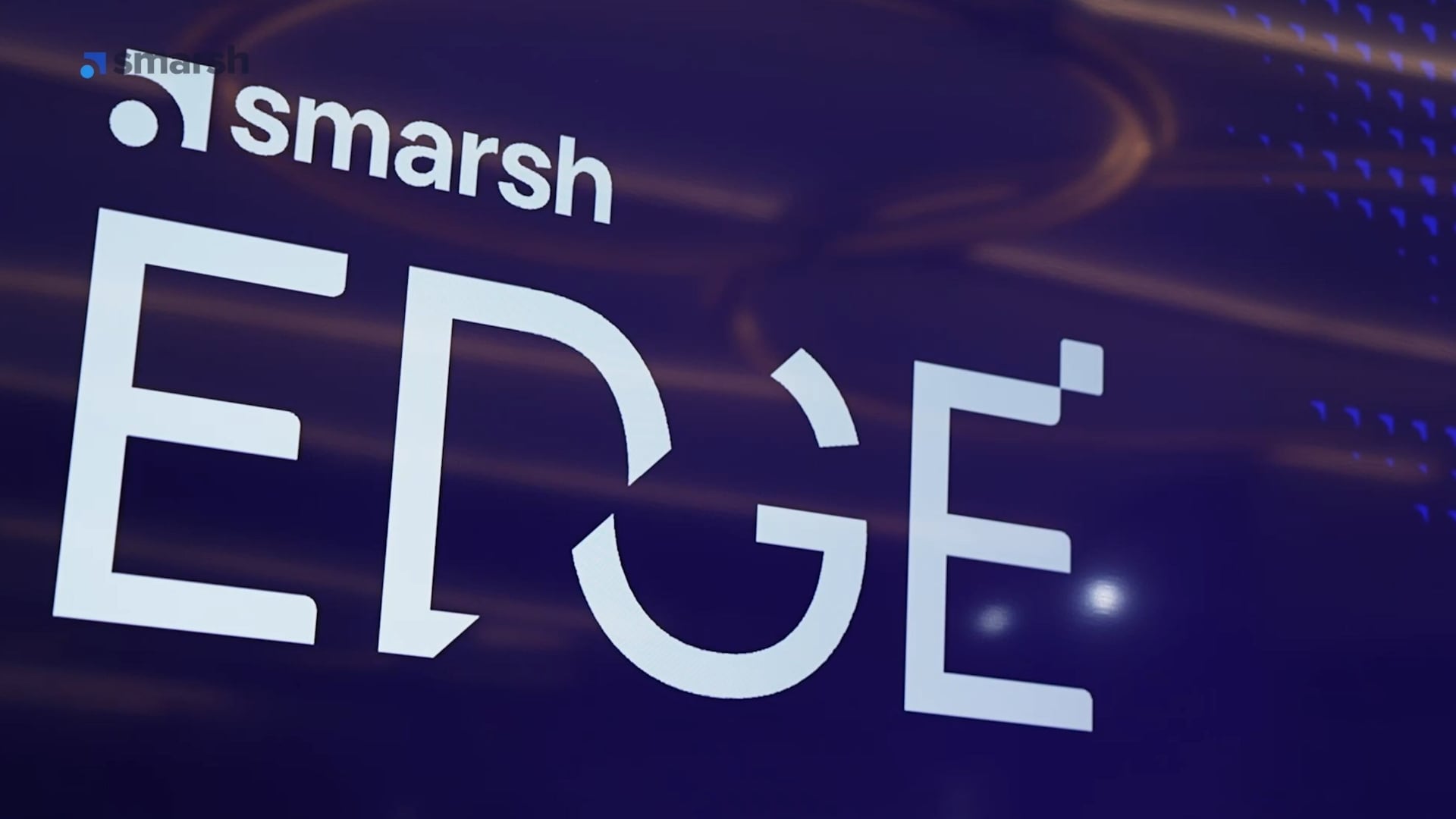Ants could be the next line of defense against cancer.
A study published in the journal Proceedings of Royal Society B: Biological Sciences focused on Ants and their keen sense of smell. Ants use smell via their thin sensory appendages that sit on top of their heads to do almost everything, including hunt for food, spotting mates, and protecting their young.
In the study, scientists used pieces of a breast cancer tumor, which were grafted onto mice, and then trained 35 ants to associate urine from the infected mice with sugar. In analyzing, scientists detected that the ants would hover for longer periods of time near the sick mouse rather than the healthy one.
Using ants to detect cancers would be a cost-cutting tool. Currently, cancers are diagnosed by blood withdrawal, biopsies, and colonoscopies, which are all considered invasive as well as being expensive procedures. Utilizing ants to screen for cancer would be significantly more reasonable.
While dogs have similar capabilities in that they are able to detect cancer in humans through smell, they take much longer to train. Baptiste Piqueret, a postdoctoral fellow at the Max Planck Institute for Chemical Ecology in Germany, said ants would be the ideal animal to use because they have good memories, are easy to train and don't bite.
Though progress has been made with ants and their cancer detection capabilities, there is still more research to be done on their efficacy. The next phase of the study will be human trials to see if ants are able to sniff out cancers through human excrement.
How Incorporating Resistance Bands Can Diversify Workout Sessions
A giant Tyrannosaurus rex skeleton that’s been dug up from three sites in the United States is going up for auction in Zurich. It's a first sale of its kind in Europe.
As the inaugural guest on Cheddar News' new show Be Well, Dr. Sandra Lee, also known as Dr. Pimple Popper, discussed when (and when not) to pop a pimple and how to take care of your skin and keep an eye out for signs of more dangerous issues such as cancer.
Moderna and Merck & Co. have developed a cancer vaccine that cuts the risk of death or recurrence of most deadly skin cancer by 44 percent compared to Keytruda on its own, according to researchers.
The company got the OK on Friday from the Federal Aviation Administration. CEO Elon Musk is giving 50-50 odds of Starship reaching orbit.
Vertical farming startup Babylon Micro-Farms recently raised $8 million in a Serie A round. Alexander Oleson, CEO and co-founder of Babylon Micro-Farms, joined Cheddar News to explain his company's mission to help businesses and communities grow their own fresh produce in a sustainable manner.
A new lab test can detect Parkinson's disease in its early stages.
Cheddar News is highlighting companies with a focus on sustainability for Earth Month. Ashley Allen, chief sustainability officer with Oatly, joined Cheddar News to discuss her company's mission to deliver products that have a minimal environmental impact. "We want to make it easy for people to eat better and live healthier lives without recklessly taxing the planet's resources," she said.
'Plant Kween' Talks Low Maintenance Care for Budding Plant Parents
The first image of a black hole captured in 2019 is getting a makeover. Researchers on Thursday revealed an updated version, which they made using artificial intelligence.

